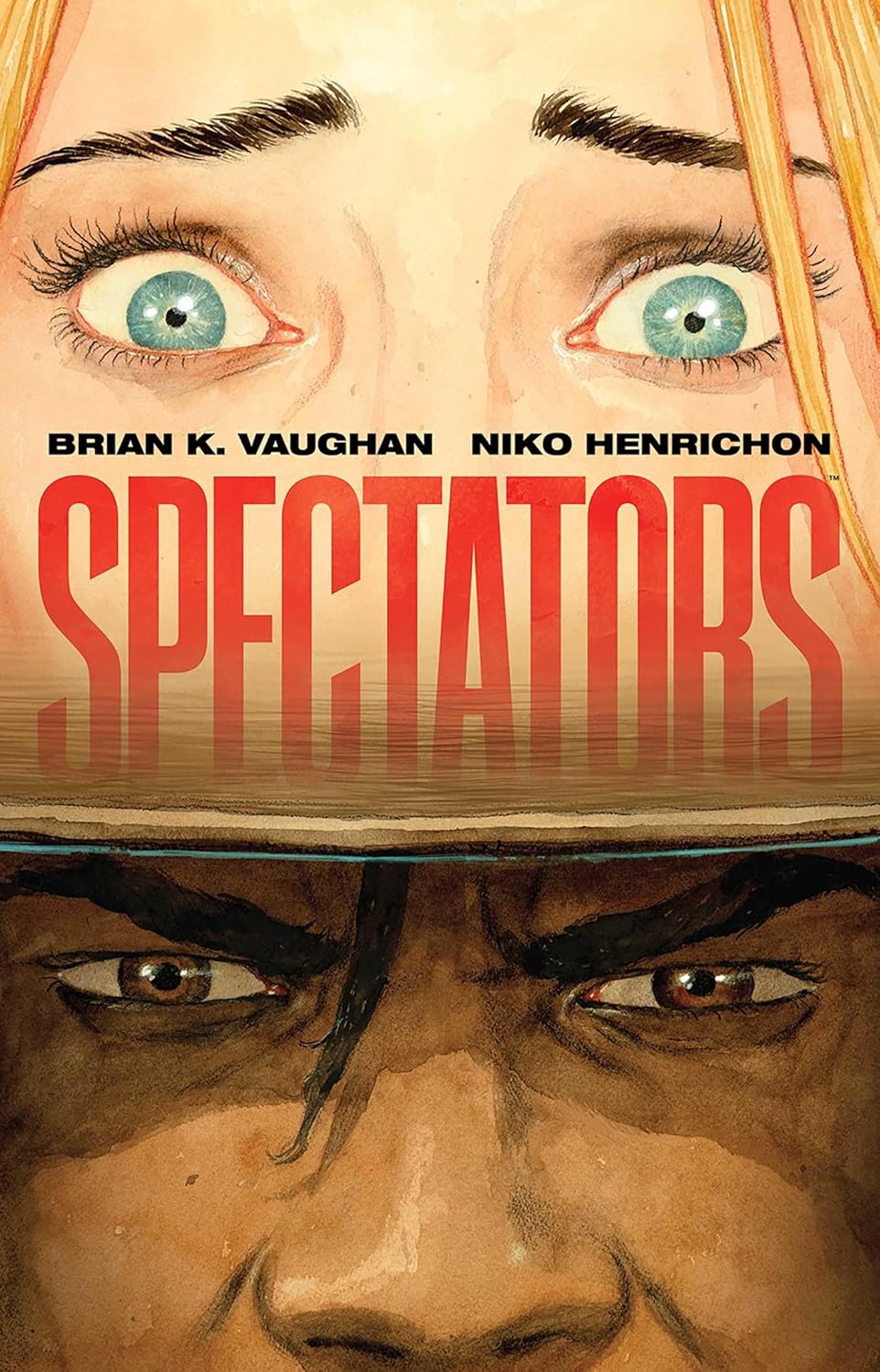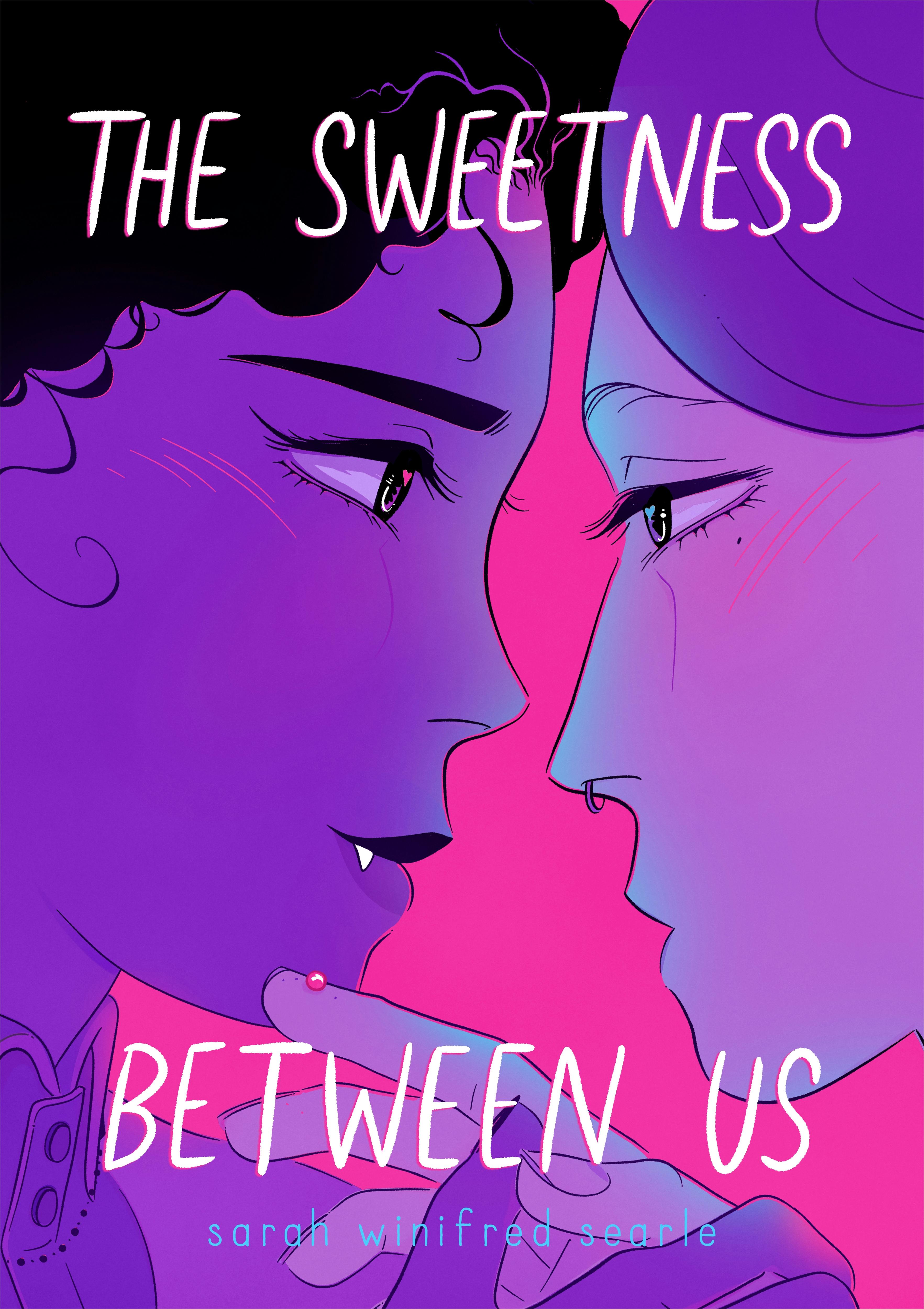Justin du Coeur reviewed Spectators by Brian K. Vaughan
Exploring ghosts, movies, and the possible end of the world
5 stars
At the beginning of Spectators (a recently-published graphic novel), we find Val, finally getting back to a movie theater in 2022. The day is having its ups and down, but it's going okay -- until a crazy with a gun walks in and begins methodically killing everyone, finishing with her.
She finds herself a ghost, one of many floating around Manhattan. But the movies are wrong about ghosts in one important way: they cannot interact with the world of the living in any way. All they can do is watch.
Flash forward a couple of centuries, and the world is full of advances, from the levitating cars to the sex toys, but Manhattan is still Manhattan, people are still people, and Val has settled into the habits of a thoroughly practiced voyeur.
She's enjoying a particularly athletic couple when she meets Sam, a sometime cowboy who died …
At the beginning of Spectators (a recently-published graphic novel), we find Val, finally getting back to a movie theater in 2022. The day is having its ups and down, but it's going okay -- until a crazy with a gun walks in and begins methodically killing everyone, finishing with her.
She finds herself a ghost, one of many floating around Manhattan. But the movies are wrong about ghosts in one important way: they cannot interact with the world of the living in any way. All they can do is watch.
Flash forward a couple of centuries, and the world is full of advances, from the levitating cars to the sex toys, but Manhattan is still Manhattan, people are still people, and Val has settled into the habits of a thoroughly practiced voyeur.
She's enjoying a particularly athletic couple when she meets Sam, a sometime cowboy who died about a century before her. And then the world news begins to turn scary.
This is a story of juxtapositions. In the world of the living (entirely black and white to the eyes of the colorful dead), the incels are rising and people are dying; others are getting it on while they still have a chance. Val and Sam go looking for the latter, but mostly wind up getting to know each other as they wander through the chaos.
Under it all, this is a meditation about the movies: the sense of inspiration and connection, but also the deep separation between the watchers and the observed.
The tropes of sex and violence (and the way that the wrong one is more socially acceptable) are front and center: both are extremely explicit here, intentionally, so take that as a content warning.
The writing is sharp and well-observed, and the art is a delight, full of tidbits of science fiction that mostly go unexplained because it isn't what the story is about.
Overall, not a simple or pat book, but a nicely thoughtful one, establishing its odd premise and taking it entirely seriously. Well worth a read.














